Whether you are looking for your first job, have already been working for some years, or are looking to retire soon, the EU supports your rights. No matter where you are in the EU or what kind of job you have, you have the right to work in a safe environment. EU laws and organisations exist to ensure you can access safe, quality work with a balance that allows you time with your family.
You should be able to find a good job in a safe working environment that above all protects your health. Your work should leave you with the time and energy to invest in your personal life. Whether your job is located in your home country or in any other EU country, you will always have the right to social security.
Why do we need to take action on work in the EU?
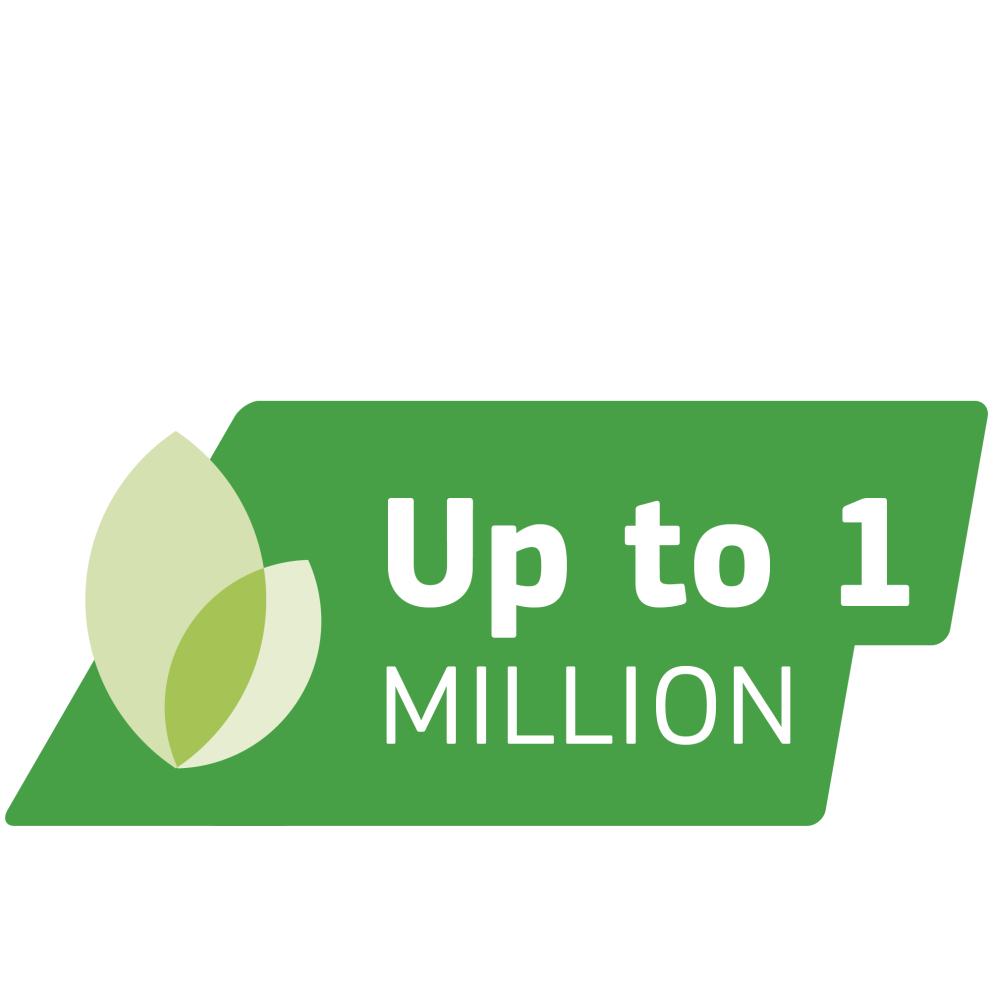
additional jobs could be created by the green transition in the EU by 2030

of European employers have difficulties finding people with the necessary skills
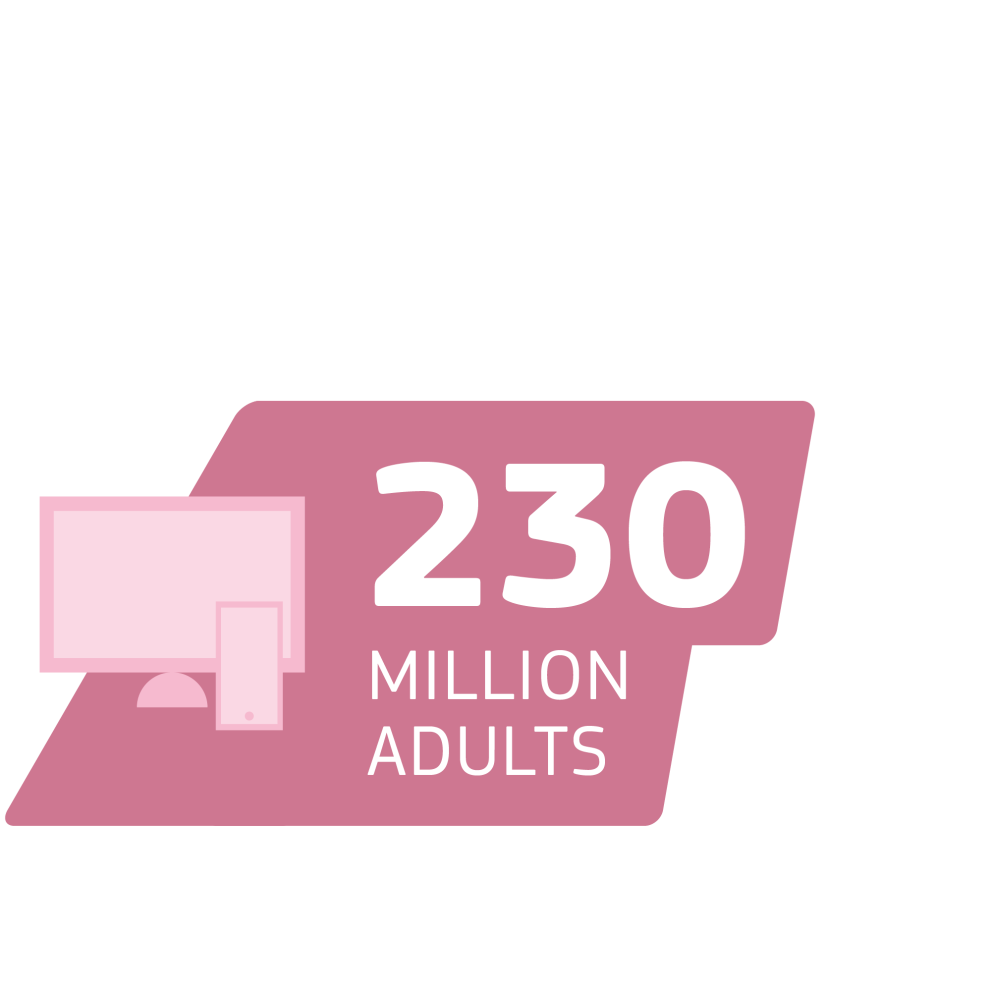
should have at least basic digital skills in the EU by 2025 – 70% of the population
How are we taking action?
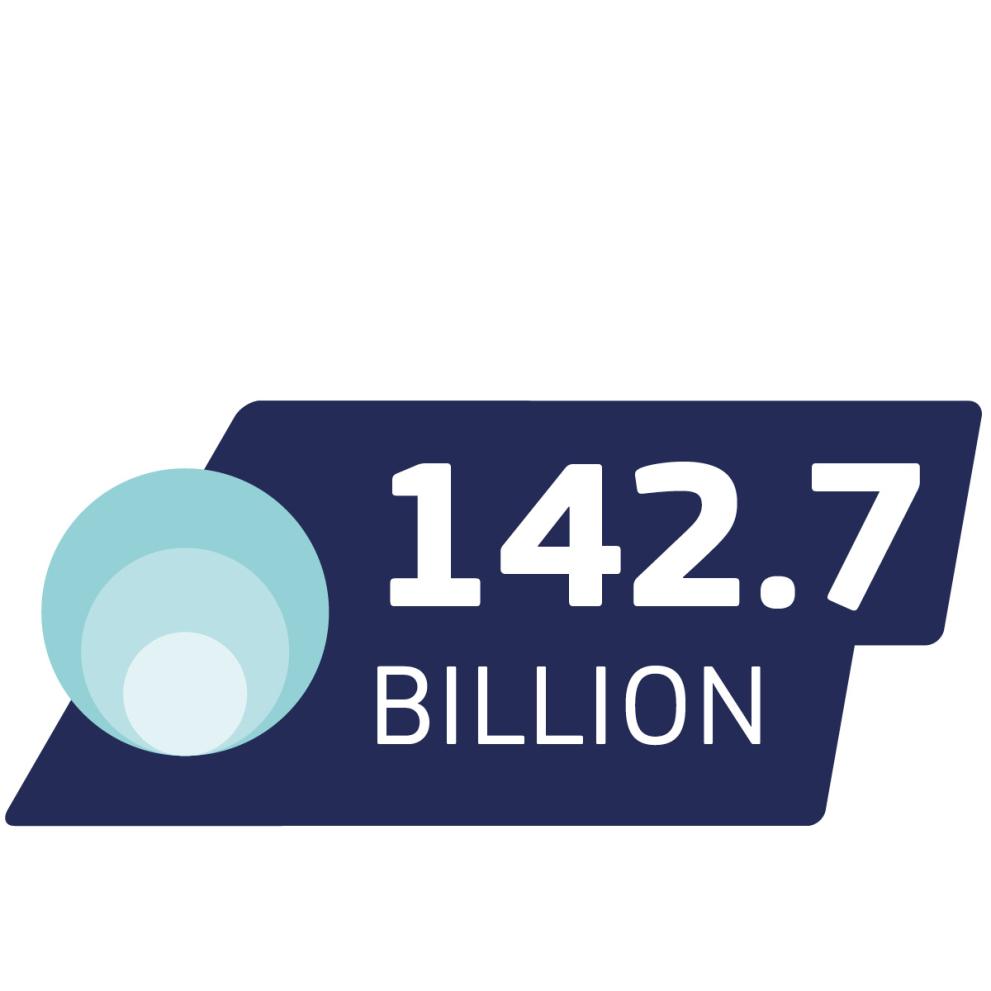
is the budget of the European Social Fund Plus, the EU’s main instrument for investing in people
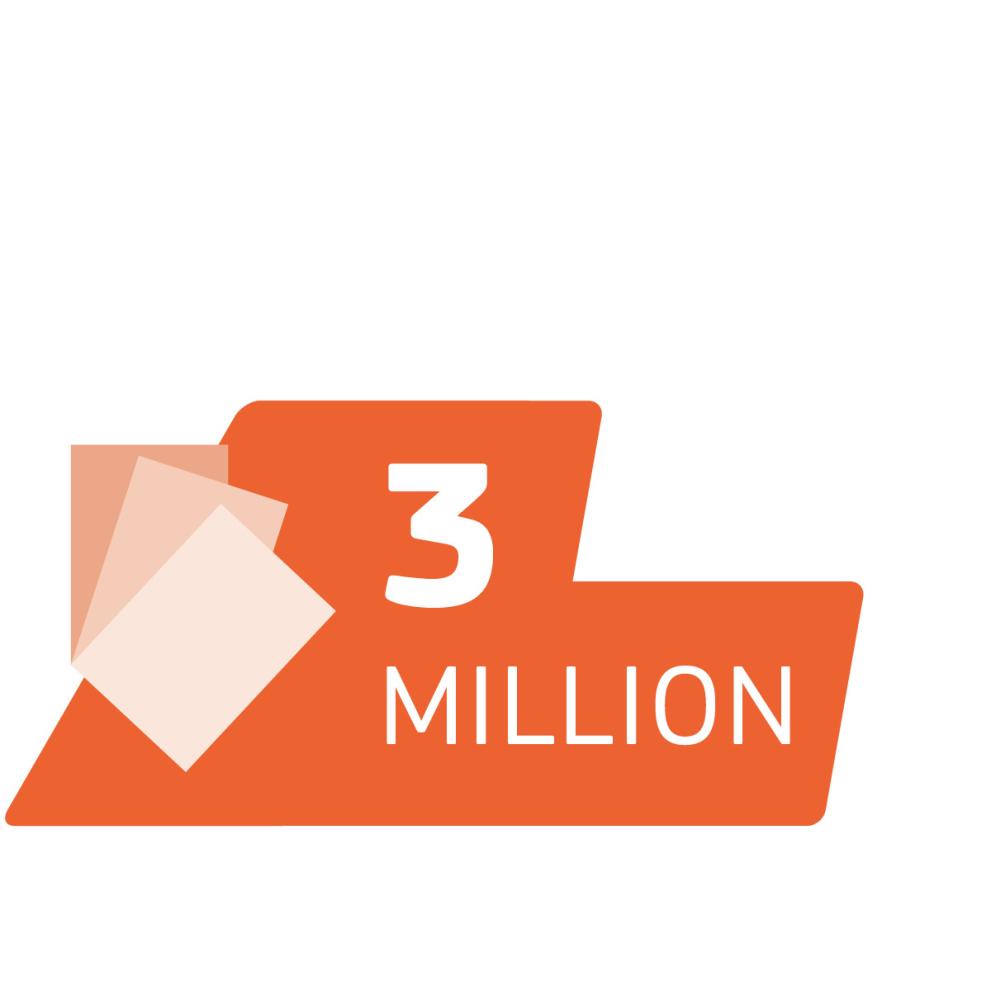
jobs on the EURES employment platform
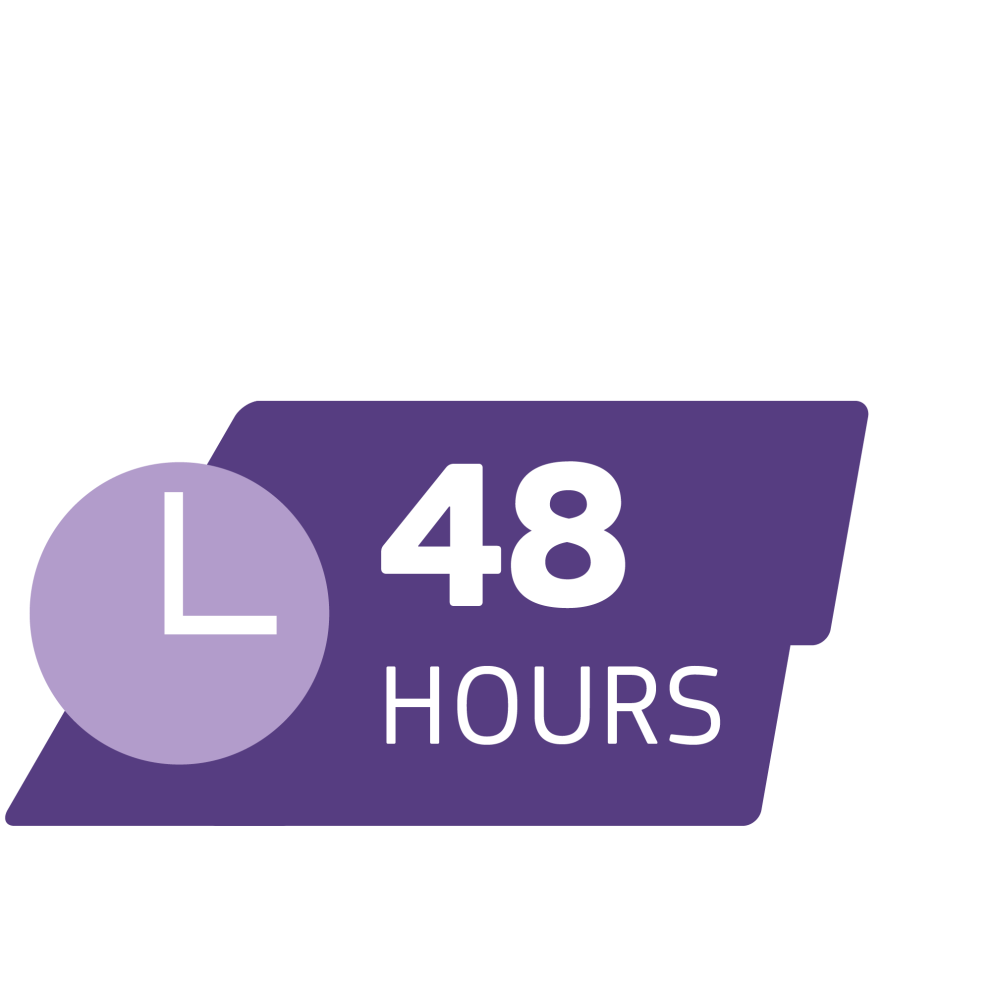
is the maximum work week, under EU labour law
You want to land a job you enjoy, that pays a fair wage and gives you room to grow. Whatever it is that you’re looking for in a career, the EU is here to make sure you have the tools and assistance needed to build your future. You can move and work in different countries within the EU while still being protected by your social security rights.
- National public employment services can help you find a job that suits you. They offer support through a range of activities including job placement services, career guidance, coaching, and training programmes. If you need advice on finding your dream job in another EU country, you can speak to EURES Advisers - specialists on the European job market who advise jobseekers and employers.
- You can check to see if one of almost 3 million jobs on the EURES platform is the right fit for you.
- If you’re thinking of working abroad but need help, check out the EURES Targeted Mobility Scheme.
- Onsite and online, European Job Days give you the chance to meet potential employers and get practical advice about living and working abroad.
- Europass has lots of useful tools and information to accompany you in every step of your learning and career path, including help to create a professional CV and cover letter.
- To help you prepare for changes and new opportunities arising due to the digital and green transition, the European Social Fund Plus (ESF+) is providing funding to EU members to train you and help you get the rights skills for a quality job.
- If you’re under 30, check out the Youth Guarantee – an EU initiative that helps people get a good-quality, concrete offer of employment, education, apprenticeship or traineeship within 4 months of leaving formal education or becoming unemployed.
- Thanks to Aim, Learn, Master, Achieve (ALMA), young people (18-29) can get a foothold in the working world with a 2-6 month funded work placement in another EU country, supported by coaching from a mentor.

You work hard to take care of your family. You need a job that respects that sometimes you need to leave early to do the school run or take a half day to look after your child when they get sick. You need rights that protect both your work and personal life.
- EU rules on work-life balance allow you to take care of your family whilst progressing at work. They give you the right to request flexible working arrangements, meaning you can organise your work in a way that works for your life.
- In the EU, mums have the right to a minimum of 14 weeks of maternity leave, paid at least at the national sick pay level.
- Fathers and second parents have the right to at least 10 working days of paternity leave, paid at least at the national sick pay level.
- In addition, all EU citizens are entitled to 4 months parental leave, which you have the right to request to take in a way that suits you (for example, in several blocks or part-time).
- You’re also entitled to leave when you adopt a child.
- You have the right to 5 working days per year to provide personal care or support for a member of your household.

You have the right to work in a safe, healthy environment. And you have the right to speak up when something doesn’t feel right. The EU is working to make workplaces healthier and safer.
- The EU has legislation that guarantee minimum safety and health requirements for all sectors of activities as well as for specific aspects, like dangerous chemicals, physical and biological agents, work equipment, etc.
- If you are a fixed-term or agency worker, the EU ensures that you have the same level of safety and health protection at work as other workers.
- The EU ensures that you have enough time off in-between working days to rest and to dedicate to your personal life. The Working Time Directive ensures that you do not work more than 48 hours a week on average, and that you are as a rule given at least 11 consecutive hours of daily rest and at least 24 hours of uninterrupted weekly rest. If you work more than 6 hours a day, you must be given a break.
- EU rules give you the right to at least 4 weeks of paid holidays per year.

The EU supports small and medium enterprises in adapting to changes in the economy to ensure they can grow. By setting common rules, regarding employment, the EU creates a level-playing field for your business and fairer competition with minimum protective standards for workers across the EU.
- Making sure your workplace is as healthy and safe as possible will be beneficial for your workers and save you from legal and financial problems. The EU’s Online interactive Risk Assessment has plenty of free tools that can help you keep your business compliant with national safety and health at work legislation.
- If you are interested in doing business that puts people and the planet before profit, the EU’s social economy gateway can support you in launching or growing your social enterprise.
- Thanks to the Programme for Employment and Social Innovation (EaSI), you have access to investments of up to €500,000.
- You can get support for microfinance and enterprises with the InvestEU programme, which also provides you with tailored support to start and scale up your business.






